I wrote this article in Japanese and translated it into English using ChatGPT. I also used ChatGPT to create the English article title. I did my best to correct any translation mistakes, but please let me know if you find any errors. By the way, I did not use ChatGPT when writing the Japanese article. The entire article was written from scratch by me, Saikawa Goto.
Introduction
Movies and books covered in this article

Three takeaways from this article
- I believe that “environment” breeds “evil” and that “evil” cannot exist on its own.
- Of course, that does not mean individuals should not have to take responsibility.
- “Joker” intriguingly portrays how “madness” can be possible to come into being.
Self-introduction article


Published Kindle books(Free on Kindle Unlimited)
“The genius Einstein: An easy-to-understand book about interesting science advances that is not too simple based on his life and discoveries: Theory of Relativity, Cosmology and Quantum Theory”
“Why is “lack of imagination” called “communication skills”?: Japanese-specific”negative” communication”
The quotes used in this article are based on notes taken at the movie theater from movies in Japanese and are not direct quotes from the foreign language original movies, even if they exist.
I have Never Watched the “Batman” Series

When I watched this movie, I had never seen the “Batman” series, and even now as I write this article, I still haven’t seen it. Actually, I only found out after watching the movie that “Joker” is a spin-off of the “Batman” series.

Generally, whether it’s movies or books, I try to approach it without knowing much about its reputation or content. That’s because I don’t want to have any preconceptions. This can work positively or negatively, but in the case of “Joker,” it worked positively.

Because if I had known in advance that “Joker” was a spin-off of the “Batman” series, I wouldn’t have thought to watch it.
I went to see “Joker” without much knowledge of the “Batman” series or who was starring in it, and it was just a series of “really amazing” moments. I honestly can’t quite put my finger on what was so amazing about it, but I definitely think it was worth watching.
So I hope you’ll read this article with the understanding that “someone who knows absolutely nothing about the ‘Batman’ series wrote it”.

I Believe that “Evil” Cannot Exist Almost on its Own and Roughly Depends on the “Environment”

I Believe that “Evil” is Not Just a Problem for Individuals
Whenever I see news reports of a crime or something similar, I can’t help but wonder: is the responsibility for that crime solely on the person who committed it?

Of course, as a basic premise, I believe that “punishment in accordance with the law is necessary.” It means that regardless of how much sympathy there may be room for the criminal, it is necessary to judge and punish them according to the law. Otherwise, the “rule of law” cannot be established, and I do not believe that it is acceptable to disregard the “judgment of the law,” no matter how unreasonable it may be.
Therefore, I want you to understand that the following argument is a different dimension from the “judgment of the law.”
Now, I once watched an unusual documentary film in which a camera was placed in a real penitentiary for long-term coverage. The daily life of the penitentiary, which had a slightly different approach from others, was also depicted.
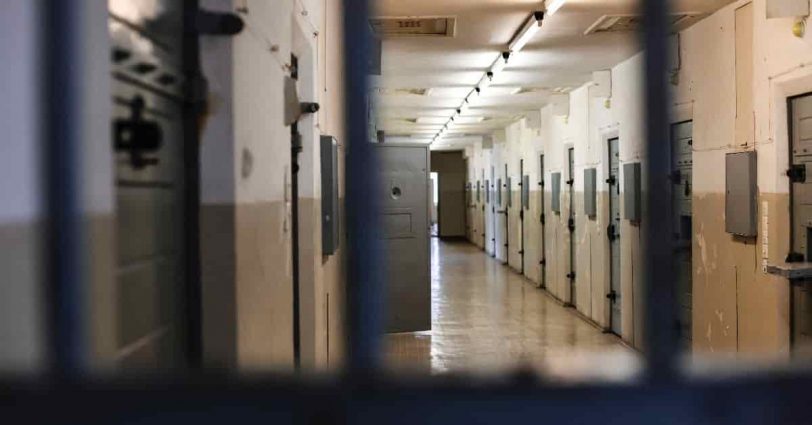
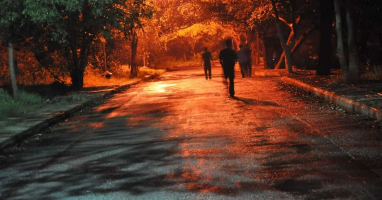
In the documentary, one prisoner said something like, “If I couldn’t get them to acknowledge that I was also a victim, I couldn’t take the position of the perpetrator.” In this penitentiary, a special program called “TC” was being conducted, and as part of that program, there was a process of acknowledging that “before being a perpetrator, I was a victim.”
When I heard the prisoner’s words, I thought, “That’s certainly true.” He was in an environment where he did not have a good relationship with his family or, if anything, was subjected to violence. And because he was born and raised in such an environment, he believes he became a criminal. So his plea, “I may be a perpetrator, but first and foremost, I am a victim, and I want someone to understand that,” felt very real to me.
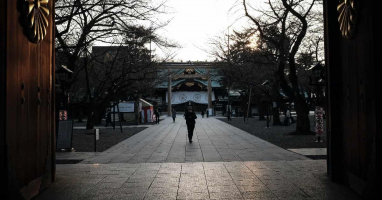
Of course, growing up in a bad environment doesn’t excuse committing a crime, and there are people who grew up in tough environments but didn’t turn to crime. Some may feel “Don’t be spoiled.” However, I think it’s natural to feel that “if I had grown up in a normal environment, I wouldn’t have turned to crime,” I think that the environment is a factor that contributes to crime, so I believe that “evil” is not just an issue of individuals.

Can “Evil” Exist Alone?
A virus is a very strange existence. Unlike bacteria, viruses cannot exist alone. They can only copy their genetic information by parasitizing the cells of other living organisms, called “questioners.” If the host dies, the virus cannot maintain its life activities.

I feel “evil” might be similar to that.
There may be “evil” that exists independently without relying on any environment. In my impression, the “evil” created by so-called “psychopaths” exists independently of the environment. However, such “evil” is very rare. Most “evil” has a relationship with an environment that corresponds to a “host,” and it may not be able to exist without that environment.

For example, there is something called “byte terrorism (prank by a part-time worker)” that occasionally makes the news. It involves young staff members at places like restaurants who post misdeeds from their part-time jobs on “SNS that can only be seen by their peers,” which then leads to the information being leaked and causing problems (This is often a problem in Japan).


This would be “evil” that can occur precisely because the environment called “SNS” exists. When I was a student, there were not many SNSs other than Mixi, of course, I don’t remember hearing about “byte terrorism” back then. Of course, I think there were people who did stupid pranks, but the motivation of “showing to friends on SNS” didn’t exist back then, so the scale and number of incidents were likely smaller.
Probably, even the young people who caused a commotion with “byte terrorism” would not have taken the same actions if they lived in a world without SNS.

To repeat, it’s not that the person who caused the “byte terrorism” isn’t at fault or shouldn’t be punished. Rather, I just want to point out that the existence of an environment that can be called a “host” for cultivating “evil” is one of the causes that attracts “evil.”
Of course, this “environment” includes things like homes and schools. There are probably people who feel that they wouldn’t have caused “evil” if they hadn’t been born into a poor family, or if they hadn’t been put under excessive expectations by their parents, or if they hadn’t been bullied at school.
Given these assumptions, I think we need to reconsider what we should do to reduce “evil” as much as possible.

Punishing Only the “Individual” Will Not Eliminate “Evil”
While it is natural for those who have committed criminal acts to be punished, that alone would not solve the problem. If we do not identify the “host” and eradicate the “evil” along with it, ultimately, another “evil” will be created from the same “host”.
However, there are probably few people who hold such a view. I can’t help but feel that general public only feel heartily gratified if the guilty are condemned by society or feel enough if the individual is punished.

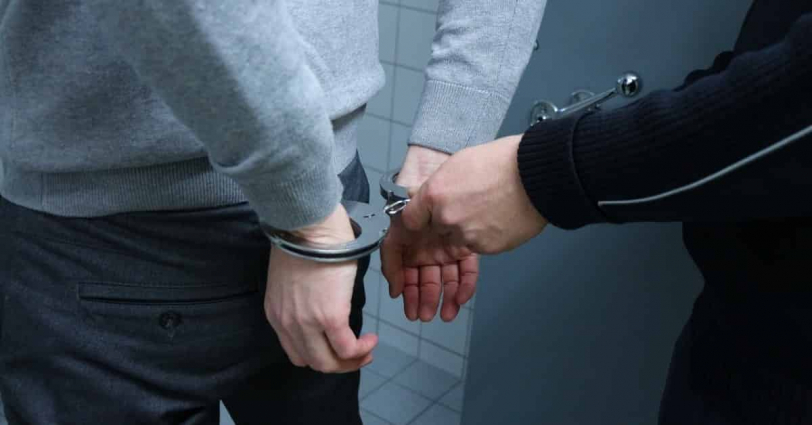
Of course, I understand that some people may not want to think deeply about “crime” because they feel it doesn’t concern them. However, if we ignore it as someone else’s problem, ultimately our entire society will suffer.
I read the following in a book I once read. To put it in a nutshell, it said, “If children in poor households are left unattended, the loss to society as a whole will amount to several tens of trillions of yen”.
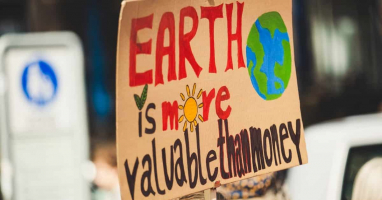
Of course, some people would feel dissatisfied with using tax money to deal with poverty, thinking it’s not their problem. However, if they knew that ignoring the issue would cause a huge loss for society as a whole, wouldn’t their thoughts change a bit? I think the same can be said about crime. Because if we leave unattended it and say it’s not our problem, society will deteriorate and it will affect us too.
Nevertheless, it will be difficult to eliminate the “host”. However, it is not without measures.
What I felt after watching this movie was that “those who have nothing to lose will not hesitate to become ‘evil’.” For the protagonist Arthur in “Joker”, the thing he did not want to lose was his “mother”. It was because her existence held significant meaning that Arthur was able to restrain himself. But due to certain circumstances, that restraint was lost and he was dragged into “evil”.

In other words, if it is difficult to get rid of the “host”, wouldn’t it be a good idea to give them something new that they don’t want to lose?
I once saw a TV program about an initiative in a foreign penitentiary. It involved assigning a puppy to each prisoner and having them train the dogs to become guide dogs. They would live together and raise the puppy until it was ready to work as a guide dog. The prisoners gradually came to understand that they needed to build a strong bond of trust enough to say “partner” their “partner” in order to allow them to work independently as guide dogs. As a result, the prisoners became more serious about their behavior because they didn’t want to lose their “partner”.

It may not be something that can be imitated anywhere, but I think it can be applied in a different form.
If the environment produces “evil,” then it should also be possible for the environment to calm it down. It is necessary to consider not only punishing individuals but also how to change the environment in order to reduce “evil” from society as a whole.

Content Introduction
Arthur works at a company that sends out street performers in clown makeup while taking care of his elderly mother. She always laments that she wrote a letter to the influential person running for the next mayoral election in their town, but never received a reply. She stubbornly believes that because she worked at his mansion 30 years ago, he would surely help them if she appealed their plight.

Yes, their life is on the edge, in a very difficult situation.

Arthur takes pride in his street performing job as a clown, even though he doesn’t make much money and gets teased by young boys. Aspiring to be a comedian, he finds the greatest joy in making people smile. However, reality is tough for him. Because Arthur has a neurological disorder that causes him to “laugh uncontrollably,” making it hard for him to build relationships.
Despite his kind heart and constant desire to make people happy, Arthur is forced to live a difficult life in a corner of the city, where he is often mistreated.
He tries his best to escape his current situation but is held back by his colleagues’ “unnecessary kindness,” which causes him to lose his beloved job as a clown. Unable to continue his work, he crosses a line on his way home one night…
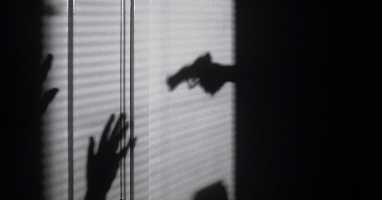
Impression
I may not have fully understood some of the settings due to not having watched the “Batman” series, but they were probably minor details. Overall, it was very interesting. It was interesting”, or rather, “awesome” would be a better way to describe it.
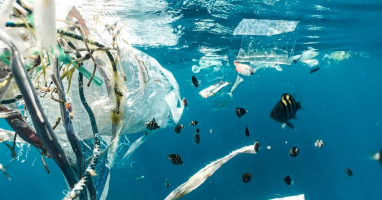
Now, let’s write a little more about the relationship between “evil” and the environment in the movie, as I mentioned at the beginning.
First, what I couldn’t quite grasp until the end was the current situation of “Gotham City,” where the story takes place.
At the beginning of the movie, I heard a TV or radio broadcast that reports on the city’s unsettling conditions, such as “10,000 tons of garbage being left in the streets every day,” “citizen dissatisfaction increasing,” and “a massive outbreak of super rats.” I couldn’t quite understand why Gotham City was in such a violent and bleak state, but in any case, this “violent atmosphere of Gotham City” exists as an “environment.”

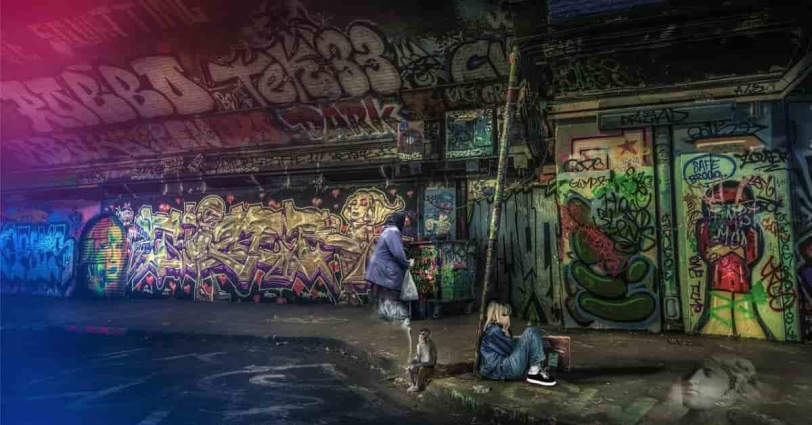
Furthermore, Arthur is living a life that can hardly be described as fortunate. He takes care of his mother on a salary that is far from high, want to make someone smile but can’t do it, and eventually losing his job. He confides in a city caseworker, expressing his worries that he might not even exist. However, he doesn’t feel like the caseworker is truly listening to him.
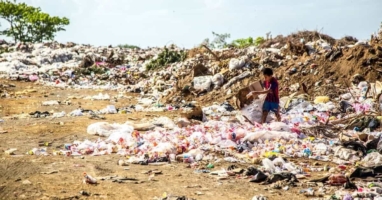
Of course, there are probably other people in Gotham City who are in situations like Arthur’s. So we can’t blame everything about Arthur’s descent into “evil” on his “environment”. But on the other hand, it’s also true that if it weren’t for such an “environment”, he probably wouldn’t have turned to “evil”, given his earnest and kind nature.
What’s most tough for Arthur is that he wants to make people laugh, but he ends up creeping them out instead. Symptoms of sudden laughter cannot be controlled by oneself. He believes that if he can make someone smile, he can feel the meaning of his existence even though he is in a difficult situation, and that is not so bad, but he has not been able to fulfill even that hope.
What’s impressive is that even though Arthur is in a lonely and despairing situation, he doesn’t let go of his sense of decency.

For those familiar with the “Batman” series, I think they watch with the interest of “how will he transform into that ‘Joker’ from here”. However, I had no prior knowledge of that, so I wasn’t sure if Arthur was going to go down the path of “evil” or not. Atmosphere-wise, I had a vague expectation that Arthur would step into “evil,” but I also thought that there could be a different development.
That is why Arthur’s struggle to basically stay on the “good” side was even more impressive.
In the end, he was inevitably dragged into “evil” in a way. Personally, I even felt that he had held back so much. Of course, his actions are not justified, but I think we should accept that it’s still a fact that “Arthur desperately tried to hold his ground until the very end.”

What is interesting about this story is that Arthur is dragged into “evil” by his “environment,” and that “evil” transforms his “environment,” Gotham City. Arthur and Gotham City can be said to have a mutually influential relationship. The recursive loop of influence drives him further into madness, and the process of increasing chaos is portrayed in an attractive way.
Of course, this movie is fiction, but it is also a work that depicts how “madness” is brewed in a realistic world as it is still keeping one foot in it, and there would be parts that make us think about it in contrast to reality.
Conclusion

Everyone probably thinks they won’t get involved in “crime” and won’t step into the “evil” side. However, this movie presents the fact that such beliefs are just naive assumptions.
The wall separating “good” and “evil” is not so high.

Published Kindle books(Free on Kindle Unlimited)
“The genius Einstein: An easy-to-understand book about interesting science advances that is not too simple based on his life and discoveries: Theory of Relativity, Cosmology and Quantum Theory”
“Why is “lack of imagination” called “communication skills”?: Japanese-specific”negative” communication”

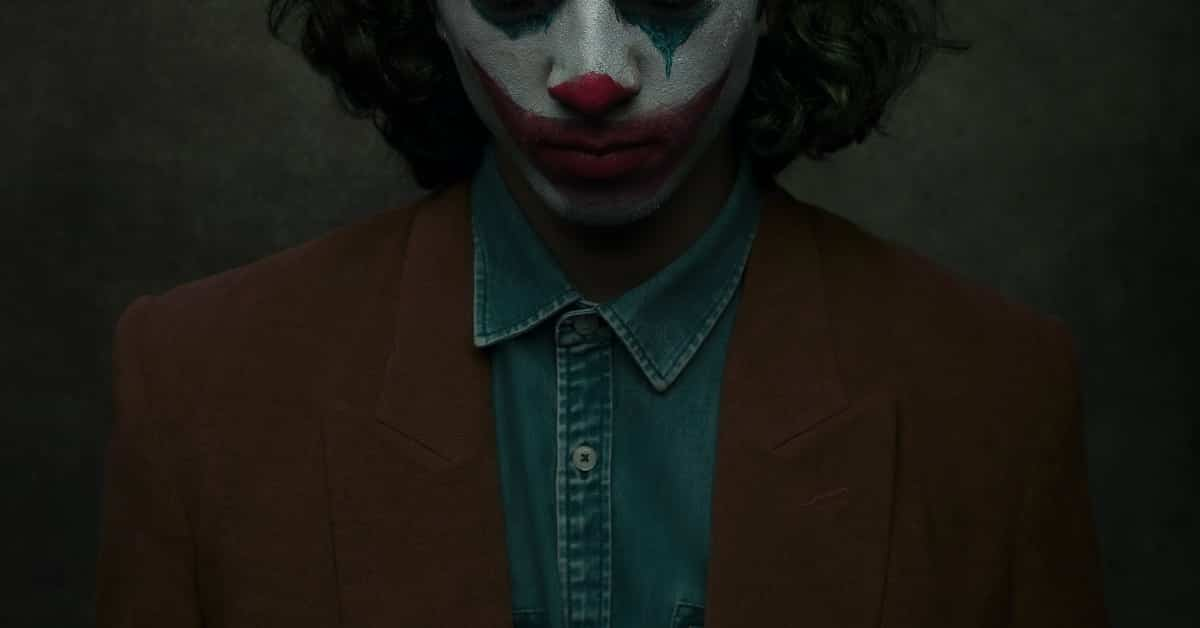





コメント